Eczema is one of the most common skin conditions in the world.
According to the National Eczema Association, over 30 million Americans suffer from eczema, and dermatologists report that between 15 to 25 patients they see suffer from this condition.
Eczema can take on various forms, but often is characterized by the intense itching and inflammation of the skin. It can range from a few colorless, raised bumps on the hands, to full-blown rashes, cracks, and sores all over the body.
In an exclusive guide below, we'll go over some of the hotly recommended home remedies and tips to soothe the irritating, aggravated symptoms of eczema.
You'll find that several of these natural remedies call for simple, regular items that you can find in your pantry, fridge, or garden.
The fact is, there are so many great natural remedy ingredients for skincare that can be found right at home!
Scroll down to find out the best natural home remedies for eczema, and let us know your thoughts in the comments below.
What Is Eczema?

Eczema can take many different forms. Generally, it is a common condition that makes your skin red and itchy.
In some individuals, eczema continues well into adulthood, and even becomes chronic, resulting in occasional flare-ups during the year, according to the Mayo Clinic.
Lifelong sufferers of eczema often also deal with other irritation issues — including dry and sensitive skin, infections, cold sores, eye irritations, and even asthma and hay fever, according to Healthline.
While some have found relief through dietary and lifestyle changes, other eczema suffers have turned to at-home remedies for relief.
But below, we outline some of these home remedies and all-natural solutions that might ease your troubling eczema. (However, be sure to discuss these options with your dermatologist before trying them at home!)
1. Moisturize At Least Twice A Day
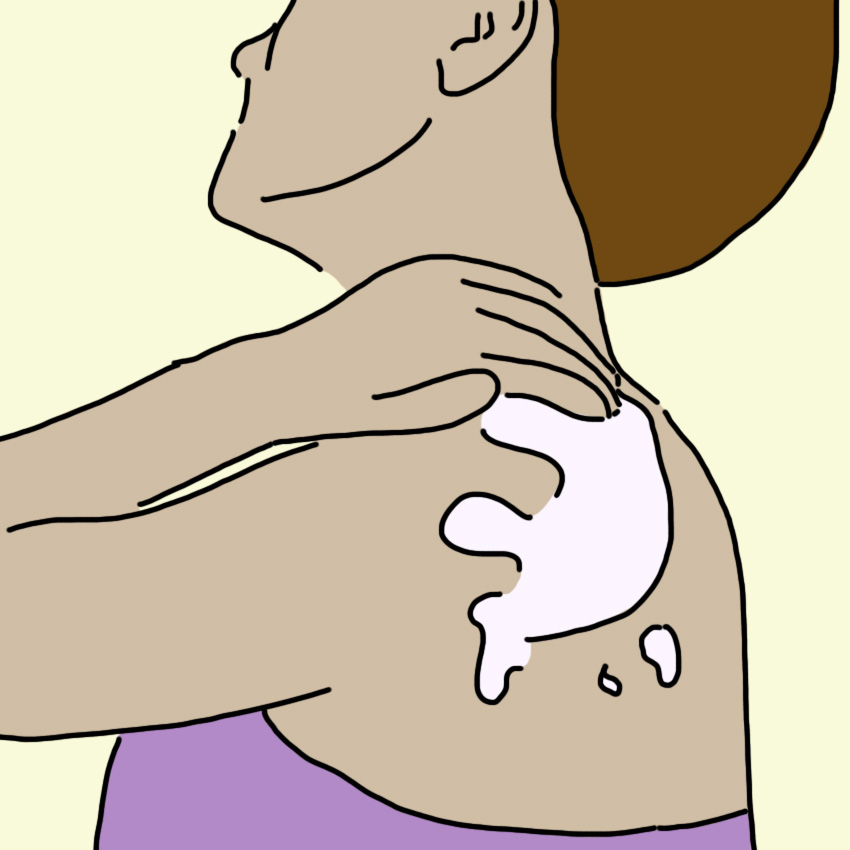
It's best to avoid taking steaming hot showers, however tempting that may sound. High temperatures can irritate the skin, especially if you're showering like this day after day.
WebMD suggests showering with lukewarm water, and to moisturize with fragrance-free, non-irritating lotion afterward.
2. Use Cool, Wet Compresses

Holding a cold pack over the area of inflammation and itching can help soothe the intense flare-ups.
If don't have a compress or an ice pack on hand, you can also soak a clean, wet washcloth in cold water to press gently on the skin.
The Royal Children's Hospital has a great guide to making and applying wet compresses for children.
3. Choose Mild, Fragrance-Free Soaps
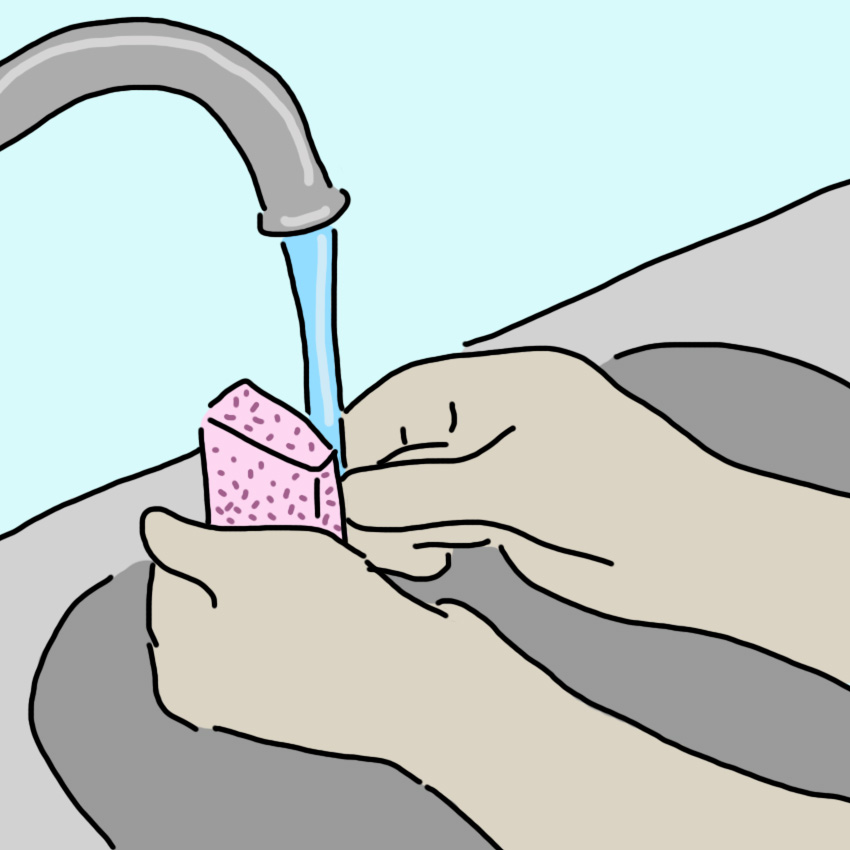
As with the moisturizers and lotions that you choose to apply on your body, go for the simple, fragrance- and chemical-free hand soaps to stave off further irritation or stinging.
4. Make A Soothing Butter
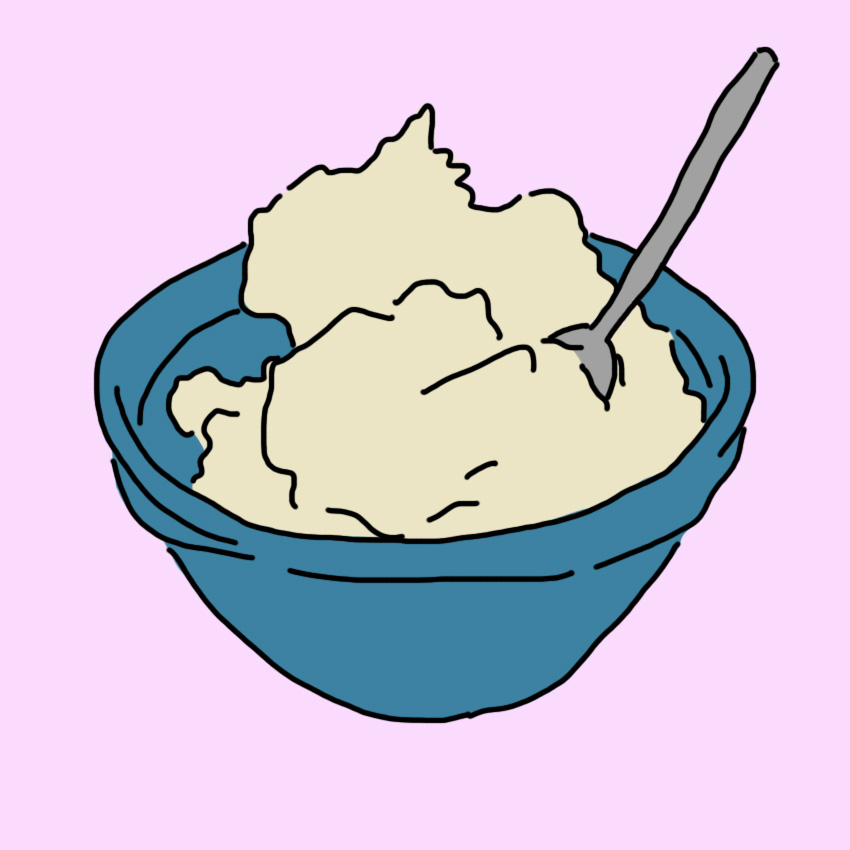
To sooth dry, itchy, and painful patches of skin, try mixing together your own body butter.
Shea butter, coconut oil, and jojoba oil all have proven effects on moisturizing and protecting the skin, according to LIVESTRONG.
This three-ingredient butter will have a high content of non-saponifiable fatty acids (which means that it can't be converted into soap), and will have the wonderful ability to heal and repair damaged skin.
5. Soak In Oats
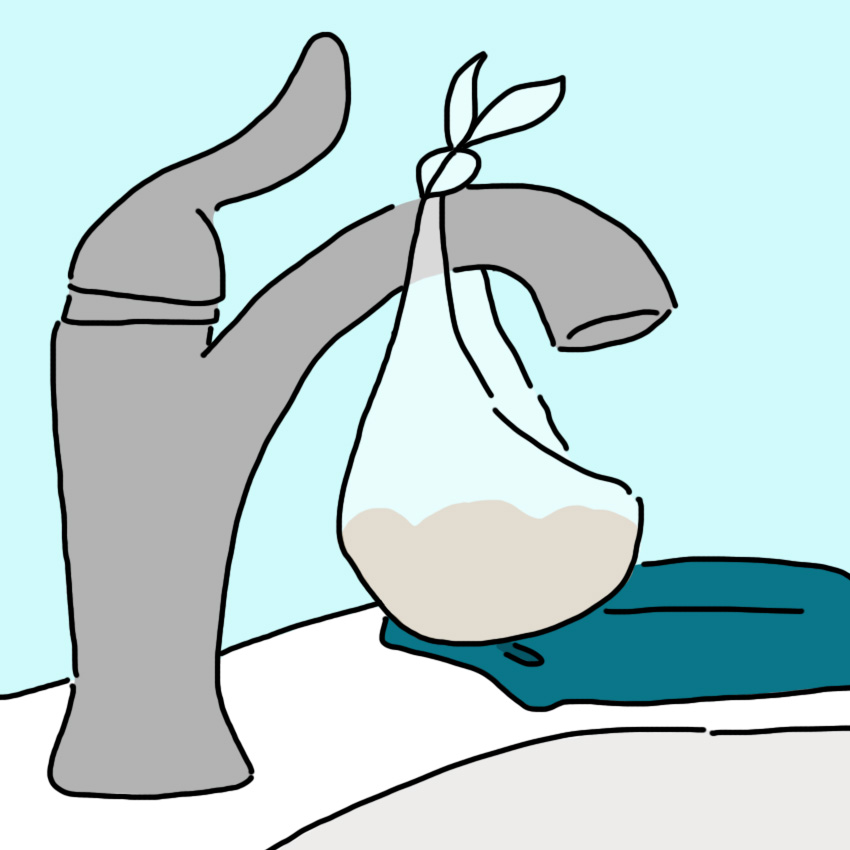
Oats also have proven to have incredible soothing and healing effects, especially when it comes to eczema, according to the National Eczema Association.
The chemicals in oats have great anti-inflammatory properties, which can help soothe the irritation and itchiness brought on by eczema.
To soak in oat, pour one cup of oatmeal into a pair of old pantyhose, and tie it into a little bundle. Let it hang directly beneath the faucet.
Fill the tub up halfway, and soak in the oatmeal water. (While you're soaking, you can also scrub your skin with the oatmeal bag.)
Soak there for about 15 minutes, and pat your body gently with a towel, before applying moisturizer.
6. Make A Cornstarch Paste
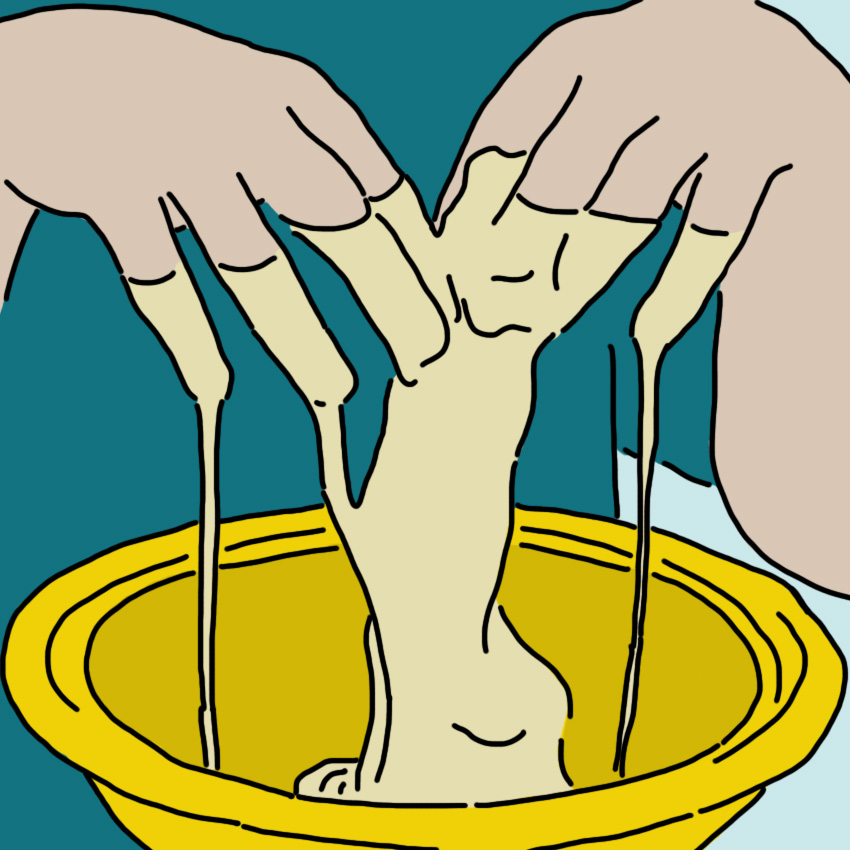
Cornstarch is among the simple everyday pantry ingredients that can have a soothing effect for eczema patients.
The key, though, is to avoid mixing the cornstarch with water, which can further dry out your skin.
Rather, mix cornstarch with a healthy, moisturizing oil — like olive or grapeseed oil.
Apply mix to affected areas, and let sit for about 20 minutes, before rinsing off with lukewarm water. Remember to moisturize afterward!
7. Eat Gelatin-Rich Foods
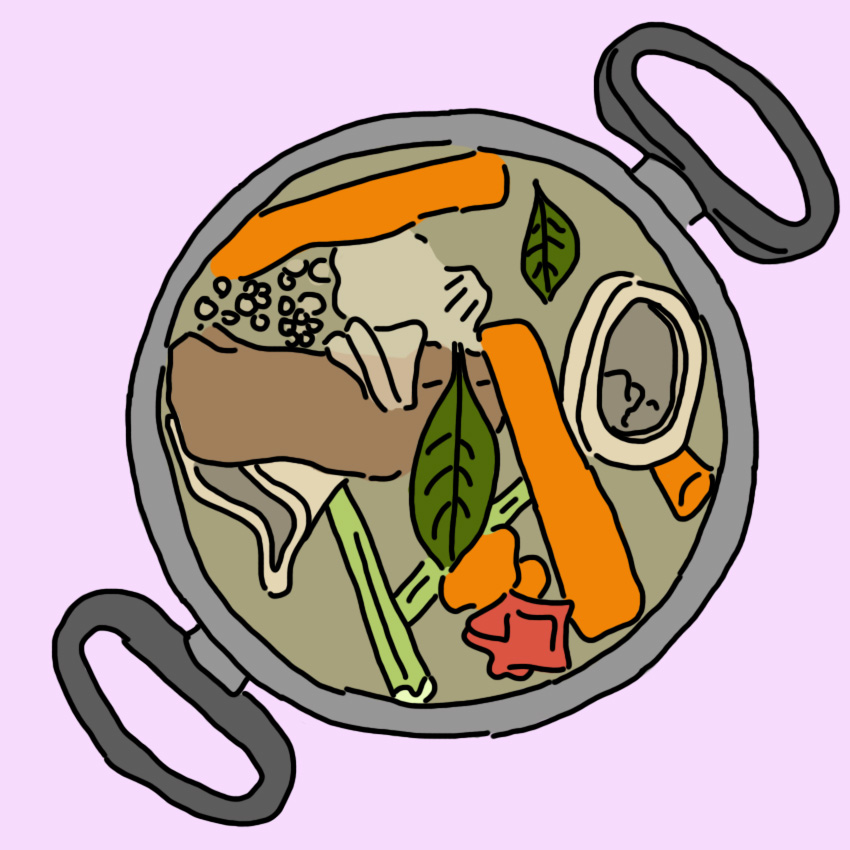
Gelatin is a substance found in food and ingredients that is great for the gut, hair, skin, and nails.
The most nutrient-rich dish you can make is probably a hearty bone broth — or, as the Mayo Clinic calls it, the "clear liquid diet."
Try to avoid store-bought broth, which can contain MSG and other unwanted chemicals.
Look for high-quality grass-fed cattle, pastured poultry, or wild-caught fish bones to use in the broth. You can definitely use leftovers from when you roasted that chicken or turkey for dinner!
8. Make A Healing Salve
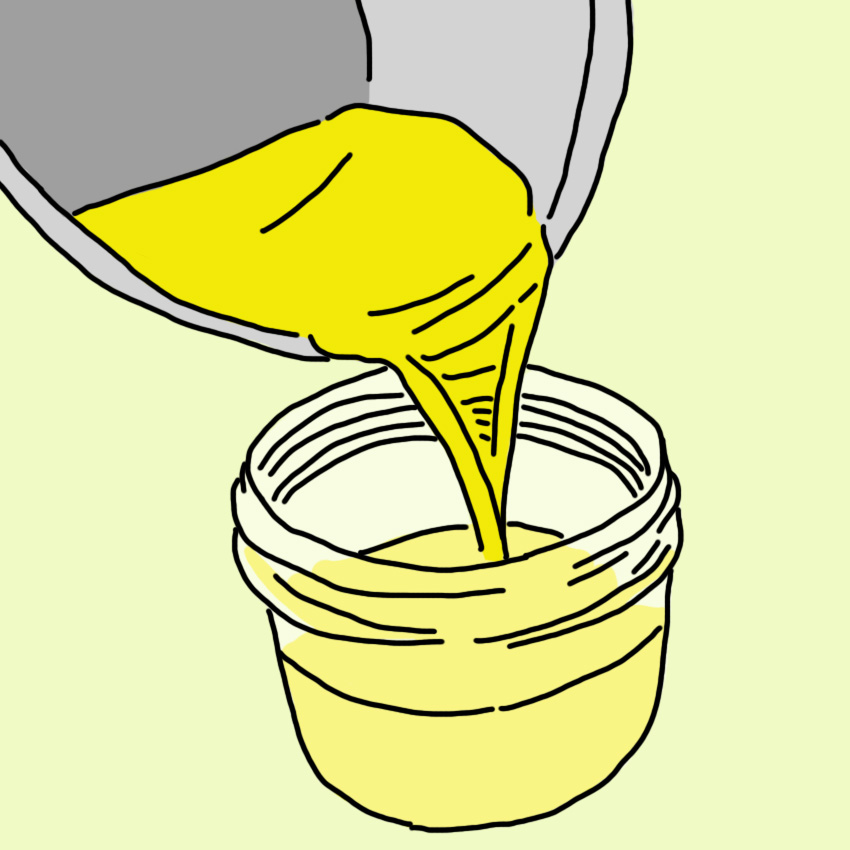
Homemade healing salves can be useful when you want to patch up any scars or blisters that you might have.
We've found plenty of varieties on the internet, and list some of the recommended ingredients here, so that you can make your own call:
- Olive oil
- Almond oil
- Beeswax
- Comfrey leaf
- Dried rosemary leaf
- Dried yarrow flowers, among others
Infuse the herbs and dried flowers in the oil together, and leave in a jar for a few weeks, making sure to shake daily.
Then, strain out the herbs, and heat the oil on a broiler with beeswax until melted and mixed. Pour the salve into small tins and jars, and they're ready to use.
9. Try Acupuncture
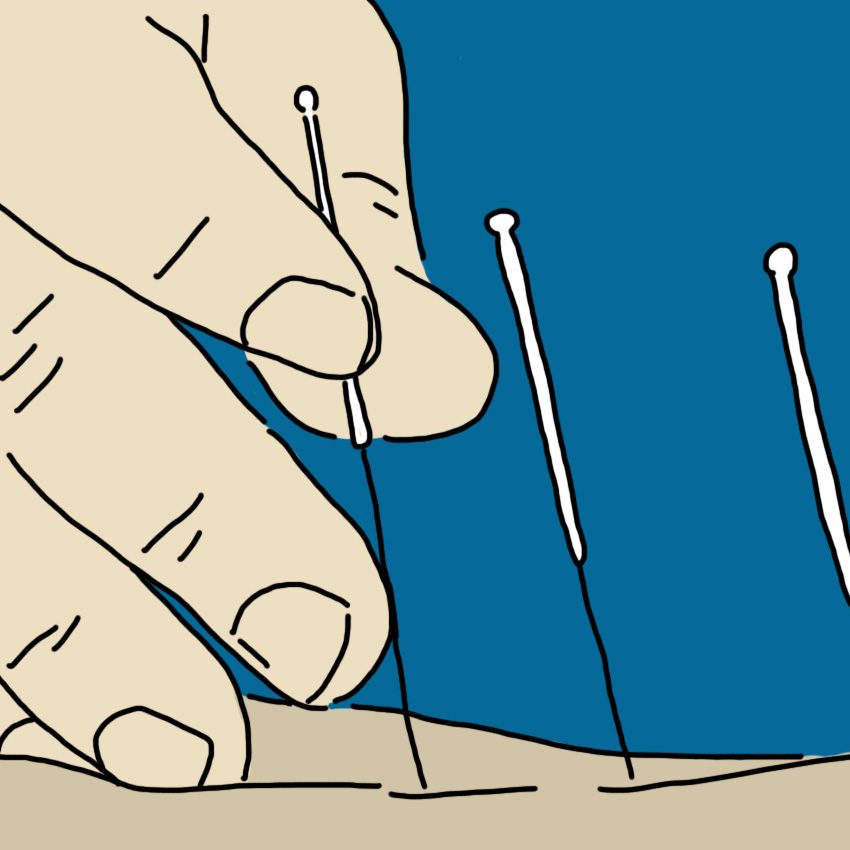
Acupuncture is known as a popular method of treatment for various ailments, discomforts, and conditions.
Though this would be entirely experimental for some first-time users, many patients have been known to recommend acupuncture for its holistic, healing effects on the body.
It works by soothing any nerve pains and itches that you have on your body, and by de-stressing your body and mind.
10. Use Plants And Natural Herbs
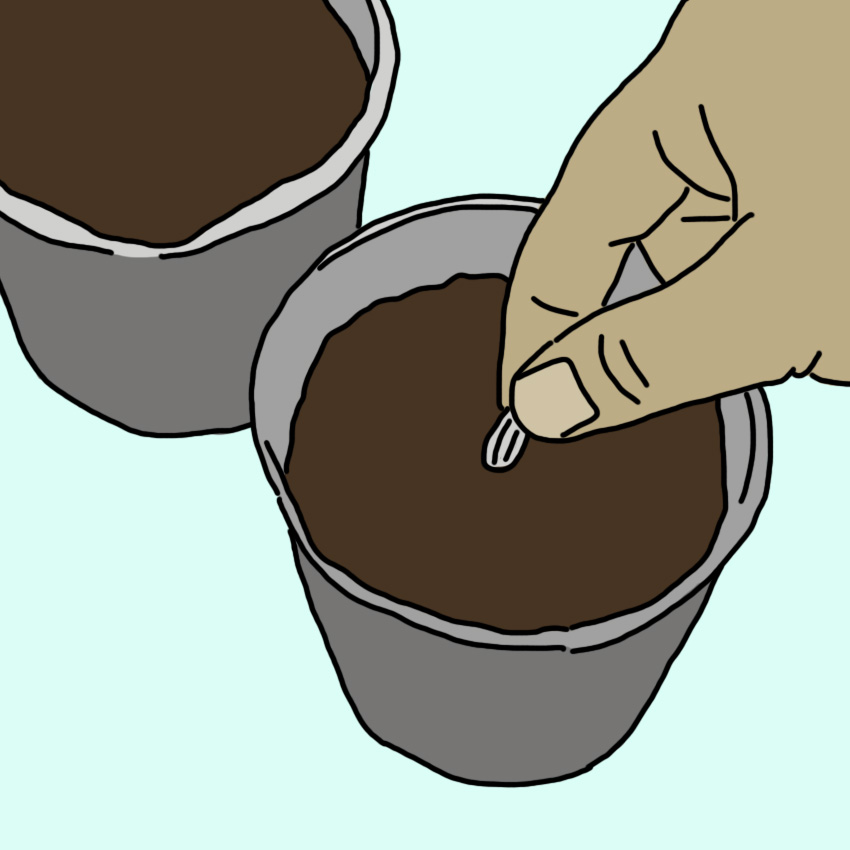
We can derive great therapeutic properties from many plants, seeds, and herbs out there.
Sunflower seed oil, for example, is known to effectively soothe itches and inflammation. Coconut oil is another great antibacterial agent, and can be very beneficial for eczema patients.
There is a whole list of natural oils that can be extracted from plants and herbs that are known to be helpful for eczema, including chamomile oil, hempseed oil, rose hip oil, and walnut oil.
Please SHARE these clever remedy tips with all your friends and family who struggle with eczema!




